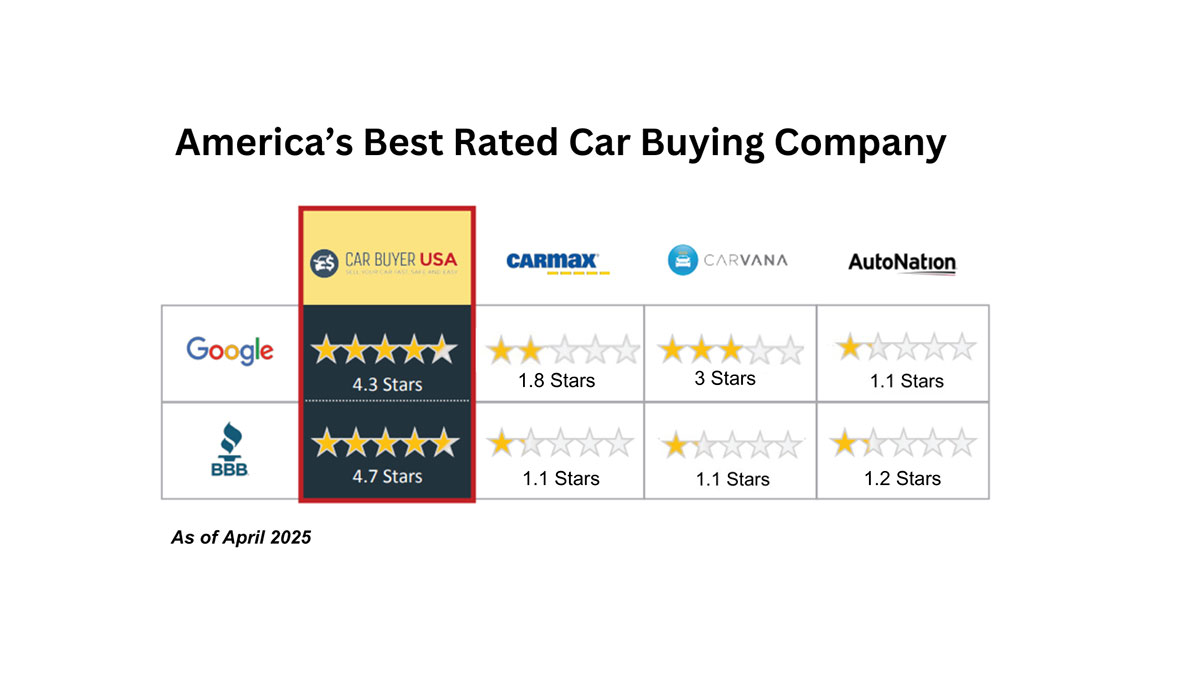
Lots of times, people search online for what’s in their mind and do not make the full sentence a searchable question, hence the title. So, when it comes time to sell your car, one of the first questions that comes to mind is, “What’s my car really worth?” The answer lies in understanding fair market price, a term that can feel vague but is actually the foundation for determining your vehicle’s true value in today’s market.
What Is Fair Market Price?
Fair market price is the amount a willing buyer would pay and a willing seller would accept for a car in an open and competitive market. It isn’t a guess, and it isn’t just based on a book number. Instead, it reflects what your specific vehicle is likely to sell for given its condition, history, and the current demand in the marketplace. Unlike dealer “sticker prices” or lowball trade-in offers, fair market price is designed to represent the middle ground where both buyer and seller walk away satisfied.
The Factors That Drive Value
There isn’t a one size fits all number for any car. Several key elements come into play when determining fair market price:
- Year, Make, and Model – Every car starts with its identity. A luxury SUV and a base compact sedan from the same year won’t carry the same value. Even trim levels, engine options, and special features affect the number.
- Mileage – The odometer tells a story. Lower mileage generally translates into a higher fair market price, while a high-mileage vehicle often brings less.
- Condition – Cosmetic and mechanical health are both important. A car in excellent condition is positioned at the higher end of the fair market spectrum, while dents, scratches, or mechanical issues push it lower.
- Accident or Damage History – Vehicles with clean titles and no damage history consistently rank higher in value compared to those with salvage or rebuilt titles.
- Market Demand – Prices are influenced by what buyers want right now. For example, trucks and SUVs may spike in value when demand is strong, while other segments fluctuate seasonally.
- Location – Geography plays a role. Certain vehicles command more value in regions where they’re especially practical or popular.
Why Fair Market Price Matters
Knowing your car’s fair market price empowers you as a seller. Instead of walking blindly into a trade-in or listing your car online at the wrong number, you’ll have a benchmark that reflects what people are actually paying. This protects you from undervaluing your vehicle or setting an unrealistic asking price that won’t attract serious buyers.
Getting the Right Number
Here’s where many sellers hit a wall. Looking at price ranges across multiple sources can be confusing, every site and every dealer seems to have a different idea of what your car is worth. That’s why relying on a real, data driven fair market offer makes the process simple.
At CarBuyerUSA, we focus on giving sellers a cash offer that reflects today’s true market. By entering a few details about your car, you’ll get a number that isn’t inflated or outdated, it’s based on actual market conditions and what your vehicle is realistically worth right now.
The Bottom Line
Fair market price isn’t just a number on a screen; it’s the value that balances what buyers are willing to pay with the realities of your car’s condition, history, and demand. If you’re ready to stop guessing and get a fair, accurate offer for your vehicle, CarBuyerUSA.com provides the easiest path to real market value and fast cash in your pocket. Call or check in online, our representatives are ready!


